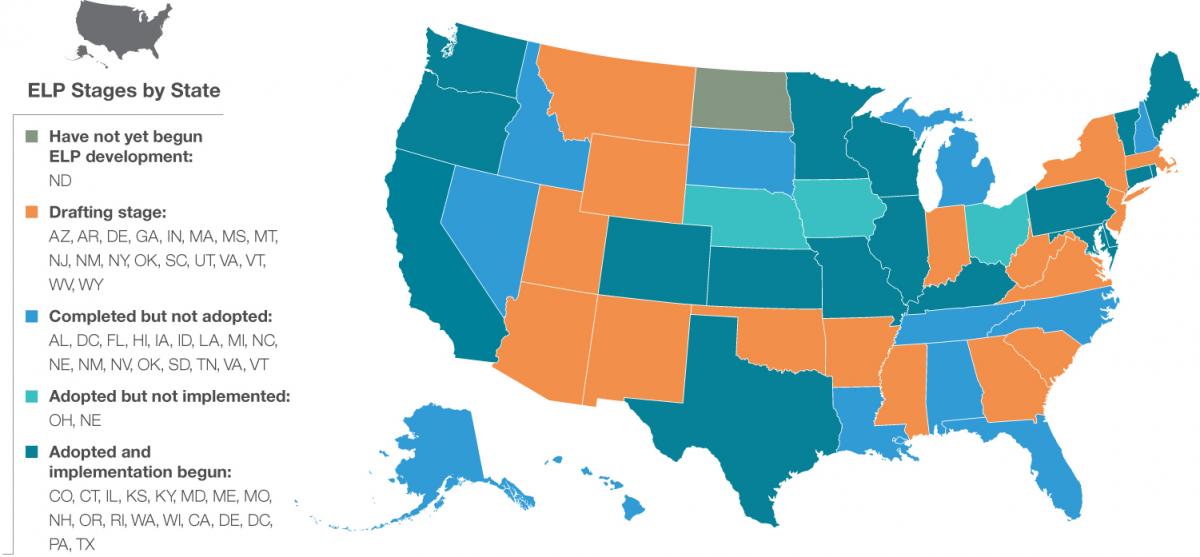Environmental Literacy Framework
In 2011, NAAEE released Developing a Framework for Assessing Environmental Literacy.
This document was created through a collaborative effort that brought together experts in research, assessment, and evaluation in the fields of social studies education, science education, environmental education, and related science and social science fields. It is intended as a guide for developers of large-scale national and international assessments of environmental literacy who wish to answer the question, "to which degree do targeted populations have the knowledge, skills, dispositions, and behaviors to competently make decisions and act on local, regional, national and global environmental issues?"
U.S. Department of Education Green Ribbon Schools applauds the North American Association for Environmental Education and its partners for their work in developing the much needed Framework for Assessing Environmental Literacy. ...the framework will help to address the need to reliably measure and determine progress when assessing both environmental education and green schools.
Andrea Suarez Falken
Special Assistant/Acting Program Manager
U.S. Department of Education Green Ribbon Schools
State Environmental Literacy Plans
Recognizing the importance of environmental literacy, the No Child Left Inside (NCLI) initiative was launched in 2007 to advance the integration of environmental education in schools throughout the United States. The NCLI Coalition has attracted support from more than 2,200 organizations with diverse interests - including business, health, youth, faith, recreation, the environment, and education - representing more than 50 million Americans. The Coalition’s goal is to support legislation, sponsored by Representative John Sarbanes of Maryland and Senator Jack Reed of Rhode Island, to ensure that every student achieves basic environmental literacy as part of their elementary and secondary educational career. The NCLI Act would amend No Child Left Behind to include environmental education as a graduation requirement for the first time in U.S. history. The legislation would provide new funding for environmental education, particularly to develop rigorous standards, train teachers, and to develop and implement state environmental literacy plans. NCLI defines these environmental literacy plans (ELPs) as comprehensive frameworks that will support school systems in expanding and improving environmental education programs. The NCLI Act also proposes access to additional funding for states that develop ELPs. In anticipation of passage of the NCLI Act, several states have already begun developing ELPs.
NAAEE's recent (2016) review of the status of state ELPs found the following:
